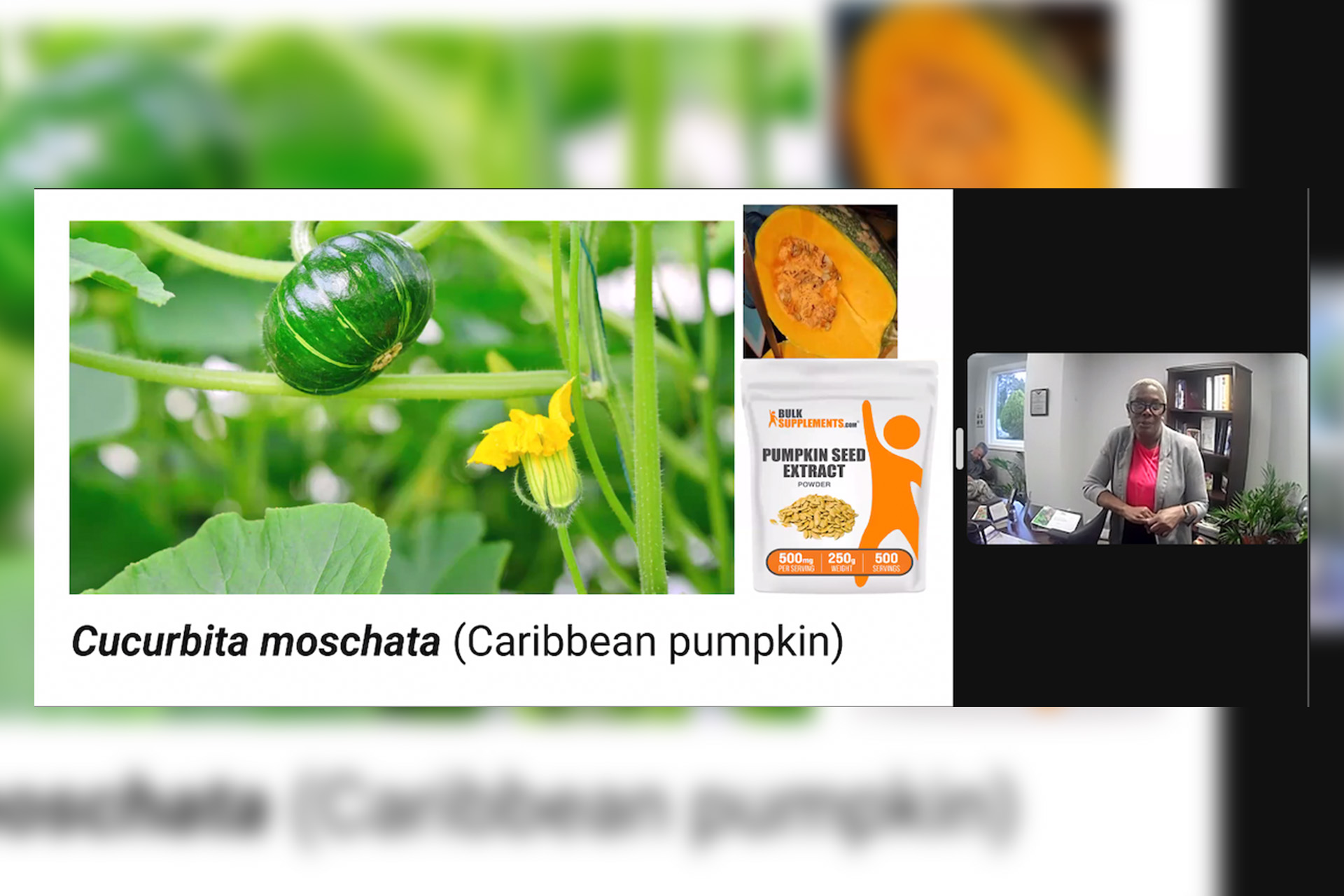By Nick Elliott
For The Diamondback
The University of Maryland’s agriculture and natural resources college kicked off a series of lectures on sustainable food systems on Tuesday with a talk on cultural and ethnic crops.
When a migrant leaves their home, they cannot bring food with them, according to lecturer Nadine Burton, a farm management specialist at the University of Maryland Eastern Shore. The lecture touched on how many migrants also struggle with food insecurity and discussed how growing ethnic crops can help provide migrants with ingredients for cultural recipes.
“We have our music, we take our religion, we take our fashion, we take all of that, but we cannot take our food,” Burton said.
Growing ethnic crops in the United States can create a market for small farmers to provide food to migrants, Burton said.
Burton discussed more than a dozen ethnic crops and their health, nutritional, medicinal and economic value during the lecture.
The Jamaican pumpkin, an ethnic crop, often sells for more than typical ornamental pumpkins and can be advantageous for farmers’ incomes, Burton said. Cassava, a starchy root, is a high value crop and can grow well in low-nutrient, poor soil, she added.
[UMD seminar discusses colonization, resource extraction in the Congo]
Abani Pradhan, a professor in this university’s nutrition and food science department, praised Burton’s focus on small farmers in the quest to grow more ethnic crops.
“She is very passionate about her work. She strongly believes that small farmers have a critical role to play in the improvement of food security,” Pradhan said.
Bringing ethnic seeds into the country is difficult and requires certification, Burton said.
“It takes somebody to act,” Burton said. “I pack my suitcase with sugar cane, tamarind, all types of things and when I come through immigration, they throw it out.”
This year, Burton plans to start a seed bank where she can plant ethnic crops and collect the seeds.
According to Burton, markets for these crops already exist in the state in places such as the Maryland Food Bank.
[College Park could soon have a new community garden]
About 2,000 farmers have been educated on growing and selling ethnic crops through workshops, field demonstrations, conferences and on-farm training through the University of Maryland Eastern Shore, Burton said. A few farmers on the eastern shore sold more than 30 tons of ethnic crops last year, she added.
Moderator Meredith Epstein, a senior lecturer in this university’s agriculture and natural resources college, said attendees were invested in the information.
“There’s been some great conversation about what various names of these different crops are in different countries around the world,” Epstein said. “That’s been very neat to see.”
Burton emphasized that the process of growing more ethnic crops in the area will be a long one.
“It does take time and I think we have our work cut out for us,” Burton said.



